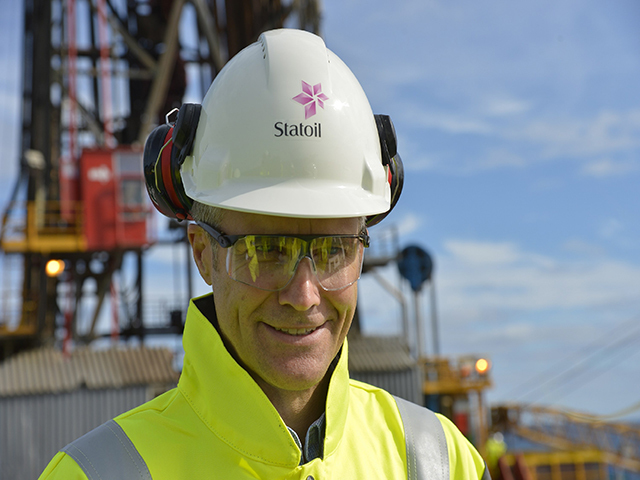
“Beyond the borders of limitations you’ll find changes.”
The poignant quote opened this year’s ONS before a line-up of keynote speakers including Her Majesty Queen Sonja of Norway, conference chair Gro Braekken, Prime Minister Erna Solberg and the chief executive of Statoil Helge Lund took to the stand.
Each echoed the theme’s call for innovative change. The rallying call comes the same year the show marks its 40th anniversary.
But the theme wasn’t the only thing to be echoed. The opening speakers also agreed on the specific changes the industry should target first – a shift from coal to natural gas, a concerted effort to make renewable sources both cost effective and a good return on investment and finally a way to embrace standardisation within the industry.
Conference chair Gro Braekken set the pace when she said: “With a growing demand for energy, but also increased concern for the environment, the oil and gas industry must continue to change.”
Before adding: “Natural gas displacing coal in the power market should be seen as noble aims.”
She later urged the market to pursue technology aimed at producing fossil fuel in a sustainable manner, including pioneering new ways for the renewable industry to become more economically viable and therefore more mainstream.
Norwegian Prime Minister Erna Solberg immediately reinforced Gro’s call to action.
She said: “Fossil fuels currently account for 80% of global demand for energy, and will continue to play a dominant role in global energy supply.
“This leaves the industry with a big responsibility for doing things smarter and further reducing emissions.”
The country’s leader pointed to the region’s CO2 tax and innovative CCS, including methods first developed and deployed on the Sleipner field as wider industry starter points.
She added: “Norway is currently the second-largest supplier of gas to Europe, second to Russia only. With the recent events in Ukraine, the potential for increasing our supply to Europe should be considered.
“In summary, the world will need more energy, and cleaner energy, such as natural gas, and reliable suppliers. Norway can certainly play an important role in this picture.”
Statoil’s Helge Lund rounded out the discussion by emphasising the need for wider industry standardisation.
“Not that long ago an oil price at $100 a barrel would have called for champagne,” he said.
“Now it calls for concern.”
In an industry steeped in the complex, Helge poised the question of what would happen if the sector, as a whole, stripped it right back to the basics?
“One of the most popular days we have in Statoil is when our employees bring their kids to Lego day,” he said.
“The creativity coming out of a pile of pre-made bricks is amazing.”
He added: “What if we could build the lego bricks on the bottom of the ocean?”
By creating a standardised foundation to work from, the industry could open itself up to a new realm of possibilities and courageous innovation, according to the company leader.
He added: “It’s not enough to examine. You must go beyond examining change and you must be able to manage it.”